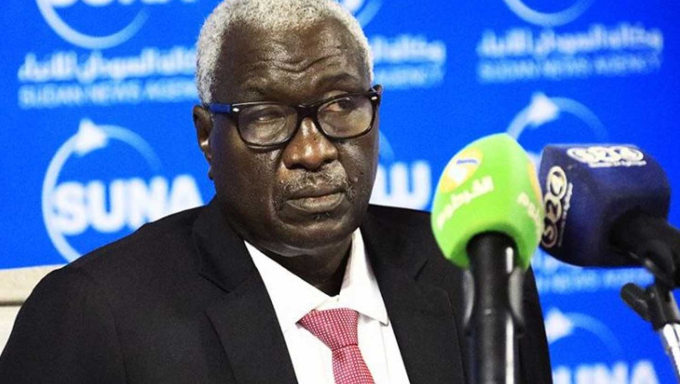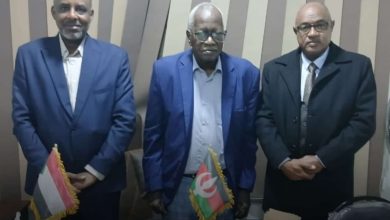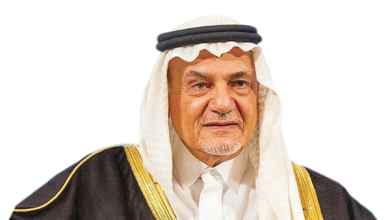International Assistance to Sudan Curbed

Sudan Events – Rehab Abdullah
Minister of Social Development, Ahmed Adam Bakhit, has called for the formation of media bodies to lead humanitarian work abroad, especially since Sudanese expatriates contributed strongly during this war.
Bakhit told a workshop organized by the Sudanese Abroad Service and the African Center for Governance, Peace and Transformation Studies (Monday) that expatriates have provided a model that should be followed during the current crisis faced by the Sudanese people. He added that expatriates have yet other important roles awaiting them in construction and reconstruction.
For his part, the Acting Secretary-General of the Regulatory Authority for Sudanese Affairs Abroad, Dr. Abdel-Rahman Sayed Ahmed, welcomed the workshop and said that it would improve the work and dots the ies and cross the tees above the letters, pointing to the importance of the roles of expatriates and their support for their Sudanese brothers during the war.
In this context, Humanitarian Aid Commissioner Salah Al-Mubarak revealed that they have not received international support for more than three months, praising the performance of Sudanese families and their reception of those returning from the scourge of war.
The Director General of the African Center for Governance, Peace and Transformation Studies, Dr. Mahmoud Zain Al-Abidin, said that the war, despite its bitterness, did not produce frightening displaced camps, pointing to the importance of the center, which always seeks to provide visions and ideas to all parties.
The United Nations estimated that it needs more than $3 billion, the amount of aid that Sudan needs in the humanitarian field and for refugees, while the humanitarian crisis is worsening in this country, which has been witnessing violent confrontations since mid-April.
As of June, the United Nations aid program for Sudan received only 15 percent of the funding allocated for it in 2023, amounting to $1.75 billion.



